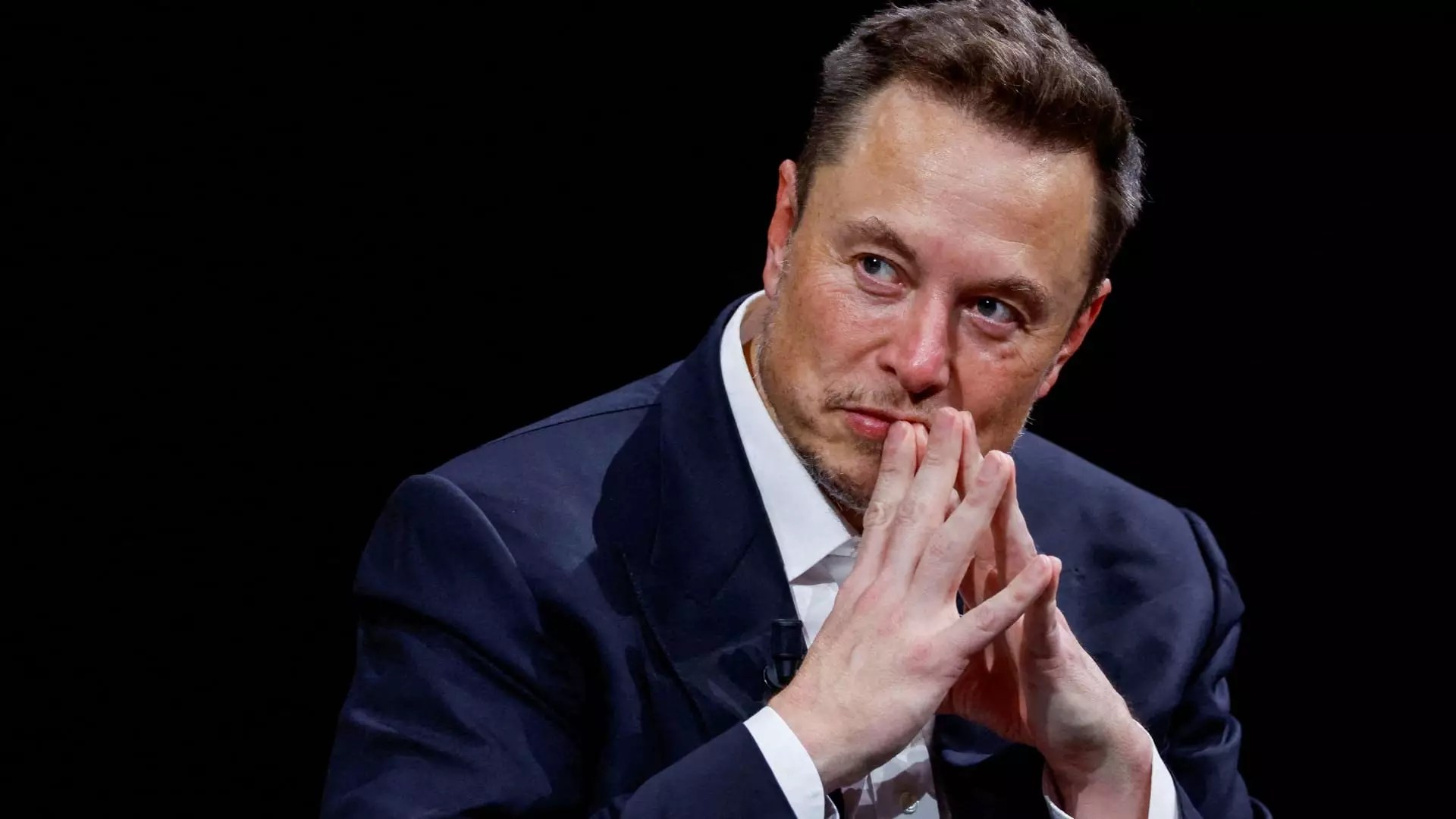Elon Musk’s recent $29 billion interim pay package highlights a profound disconnect between the mythos of corporate leadership and the underlying reality of control within Tesla. While Musk portrays himself as a visionary entrepreneur pushing the boundaries of technology, his accumulation of vast personal wealth and influence suggests a deeper pattern of concentrated power. This pay award, tied to the continued role as CEO, raises pressing questions about accountability and shareholder oversight—yet the typical narrative glosses over the fact that Musk, owning only 13% of Tesla’s shares, essentially controls the company’s fate. The board’s decision appears more like a political insider granting himself a lucrative mandate, rather than a democratic act rooted in shareholder consent. Such an arrangement exemplifies how corporate governance often masquerades as participative, while real influence resides in a handful of insiders wielding disproportionate power behind closed doors.
The Troubling Legal Shadows and the Myth of Meritocracy
Musk’s controversial history with the courts underscores a troubling pattern of legal and ethical ambiguity surrounding his leadership. The Delaware court’s ruling on his 2018 compensation plan—that it was improperly approved—exposes a flawed system where boards withhold critical information, effectively gaming shareholders’ trust. Musk’s subsequent campaign against Delaware’s legal authority, including relocating Tesla’s incorporation to Texas, suggests a strategy to escape accountability rather than a demonstration of corporate resilience. The legal battles, far from being mere procedural disputes, reveal a broader ideological conflict over corporate governance and transparency. Musk’s defiance hints at a broader tendency to prioritize personal control over institutional accountability, undermining the very principles of good governance that protect investors and stakeholders alike.
The Cult of Personality and Political Manipulation
Beyond the corporate realm, Musk’s political activities cast a long shadow over Tesla’s standing. His flirtation with Trump and subsequent political maneuvering reflect a troubling conflation of corporate interests with partisan agendas. Musk’s outspoken support for a new political party and his work with the Trump administration—especially in areas like federal agency reform—have alienated many consumers and dented Tesla’s reputation as a progressive, innovative brand. The formation of xAI outside the company’s disclosed governance parameters exemplifies Musk’s tendency to operate in secrecy, blurring lines between corporate strategy and personal ventures. When a CEO wields this level of political influence while simultaneously controlling substantial corporate assets, it raises vital questions about whose interests are truly served—shareholders, consumers, or Musk’s own ambitions?
The Cost of a Disconnected Executive in a Competitive Market
Tesla’s recent financial struggles, including declining sales and the looming loss of EV tax credits, lay bare the fragility that accompanies Musk’s unchecked control. The company’s weak earnings report and Musk’s candid acknowledgment of potential hardships undermine confidence among investors and consumers. His political entanglements, combined with his focus on AI and robotics—through ventures like xAI—appear more as a distraction than strategic maturity. Musk’s willingness to prioritize personal control and political battles over steady innovation or shareholder value highlights a fundamental flaw: the danger of entrusting a single individual with too much influence. This concentration hampers Tesla’s ability to adapt, innovate, and maintain a competitive edge amid economic headwinds and shifting market dynamics.
The Reality Check: Power Without Accountability Is a Ticking Time Bomb
The core issue here isn’t just Musk’s compensation or political maneuvering; it’s the broader implications of a corporate leadership paradigm centered around individual dominance. When a single person can amass such vast wealth and influence through legal loopholes, opaque decision-making, and strategic avoidance of accountability, the very fabric of corporate governance unravels. As Tesla faces mounting external pressures—from regulatory challenges to market competition—this insular leadership model risks becoming a liability rather than an asset. Trust in corporations diminishes when control is concentrated in a figure who operates above the law and above accountability, fostering an environment ripe for both ethical failures and strategic stagnation. The lesson is clear: sustainable growth demands transparency, shared power, and a leadership that prioritizes corporate responsibility over personal empire-building.

